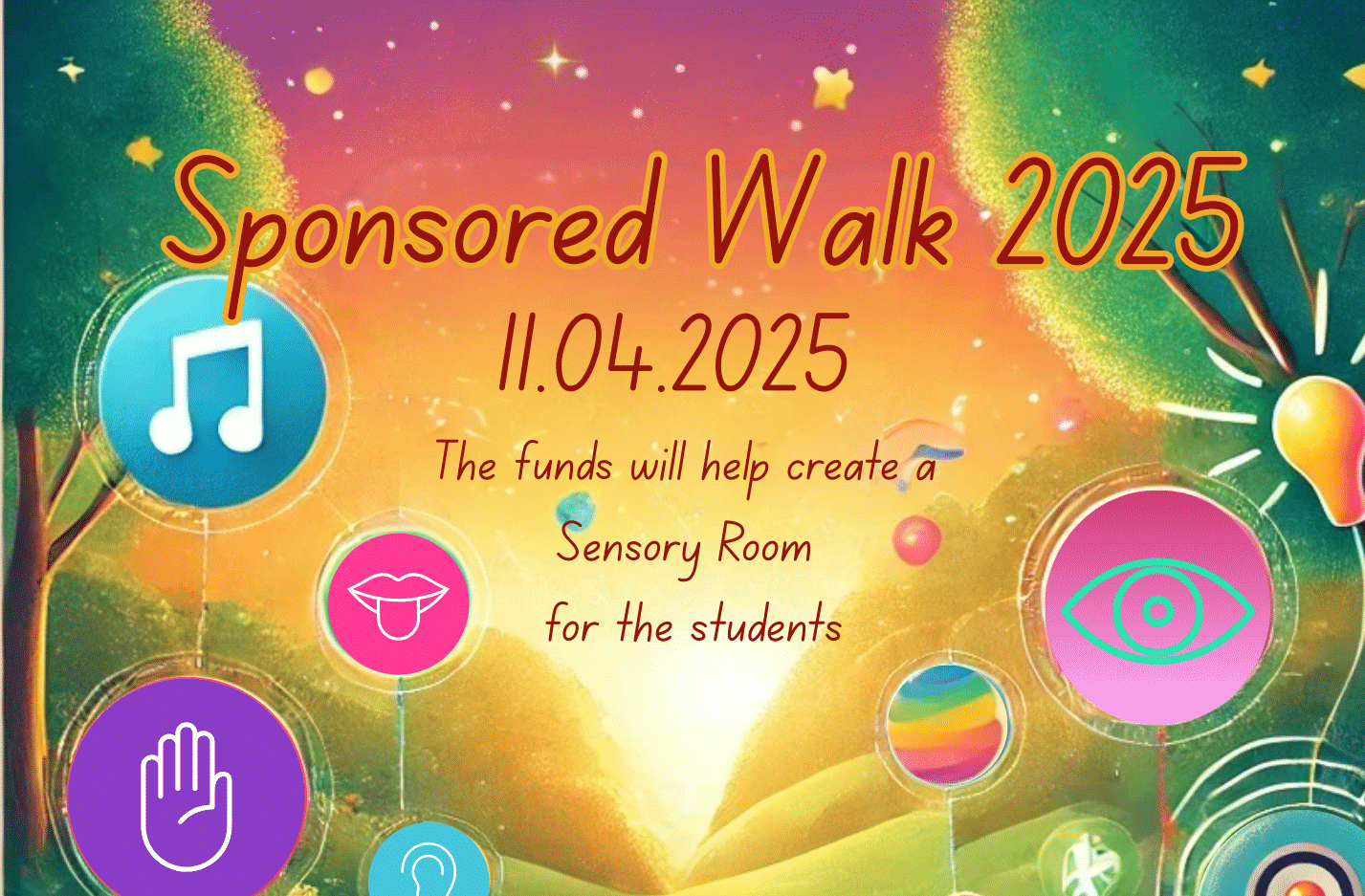Understanding Their Emotions
Unerstanding Their Emotions
Frkiday 27 March 2020
Dear Parents,
It’s now been 2 weeks since the closing of College and hopefully we are all starting to settle down into some form of routine. I am sure that the early years students have now grasped that this situation is here to stay for some time and will need some reassurance and support to help them digest possible new emotions they are feeling.
Attached you will find a PDF story which I found that you can print to help your child understand better the situation, the whys and their emotions. It is an invitation to discuss emotions and feelings arising from our current new reality. It is not a scientific tool, but a fantasy story which the children can understand. Do note, that emotions are processed through repetitive play and stories being re-read. These, when explained, will help ease any rising anxiety the child might be dealing with. We must remain calm, practical and reassuring in our approach. Remember, this is new for everyone and difficult to adjust to, even for the youngest child.
There is a difference between emotions (anger, fear, interest, sadness, joy, surprise, disgust and shame) and emotional reactions (crying, outbursts, hunger, pain). It is how we respond to our child’s emotions that has an influence on the development of their emotional intelligence. It is important to validate and teach the child to recognise the emotion. An emotion is too abstract for a child, it’s a feeling they might not be able to distinguish or explain. Therefore, it’s recommended to give the emotion a name, create a picture of it, give it a face so that the child can relate to it better and identify it. This is when a child can understand and deal with the emotion in an appropriate way. Of course, this varies with the child’s age. As the child develops, these skills of identification, reaction and coping will also develop. As a child grows up, s/he will adopt techniques to deal with different emotions (just like adults do), for example by distancing his/herself from situations or things that upset him/her.
Children are aware that you can help them and will seek your attention, one way or another. It is recognised that songs help calm, soothe and give a familiarity to a child and so can be used as a tool. Distracting them (for the very young) will also help to avoid distressing feelings and situations. As they get older, children will learn to manage and identify the emotion (ideally with our help). Explain to them that emotions are normal, and we can all feel them. Give them examples of how you as an adult feel an emotion too throughout the day in order to normalise the concept. For example, ‘I am angry that I burnt the pie in the oven’ or ‘I am sad that it’s raining, and we can’t go out to the yard’. Use book and stories; ‘I think that will make him angry’ or ‘Look she’s sad’.
Children are learning as they watch us deal with our emotions. They note our reactions. In time they will learn to differentiate between appropriate and inappropriate emotional reactions. All emotions are natural and acceptable (no good or bad ones), it is the reactions we link to the emotion that can be corrected. That is, it is not OK to scream and wreck your room when you are upset. Instead, parents can show their child other acceptable ways of reacting to an emotion, should the reaction not be an acceptable one. This is hard for a child but as s/he grows up, recognizing the emotion will help. Validation of the emotion in a safe environment will help the children to express themselves and their emotions. This will help them develop suitable emotional skills to deal with difficult feelings.
This isn’t to say that we are expecting superheroes with powers from parents, but please be aware of such important things during these unique times.
Sincerely,
Ms Stephanie Grech
Head of Early Years




